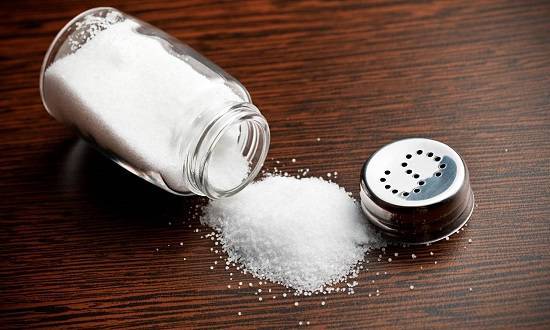Stomach bloating and swelling affect one-third of adults in the United States, and a new study has concluded that reducing salt intake may alleviate this uncomfortable health condition.
Researchers indicated that decreasing the amount of fiber included in our daily diet, along with reducing salt intake, can also help combat stomach bloating, especially for those suffering from irritable bowel syndrome, as more than 90% of them experience nearly permanent abdominal bloating due to gas accumulation in the digestive tract caused by gut bacteria attempting to break down fiber during digestion. The study's lead author, Dr. Noël Moller, stated, "Stomach bloating is one of the main and common complaints related to gastrointestinal issues in the United States, and it can be exacerbated in some individuals by a high-fiber diet. Our study results suggest that those individuals may be able to reduce stomach bloating by lowering their intake of fiber and sodium (salt)."
It is noteworthy that these conclusions are drawn from a study conducted on 412 individuals with high blood pressure, which also gathered data on their experiences with stomach bloating. The researchers found that a low-fiber diet reduced the risk of stomach bloating by up to 41%. Additionally, a low-salt diet reduced the risk of bloating by up to 27%. Importantly, men are particularly susceptible to the effects of dietary fiber on stomach bloating compared to women, and it is still unclear how salt causes bloating, although scientists believe it may be due to its significant ability to retain water.
Dr. Moller remarked, "We hypothesize that salt consumption may alter the gut microbiome in ways that modify the bacteria's production of sulfide as well, which could increase the risk of stomach bloating."




